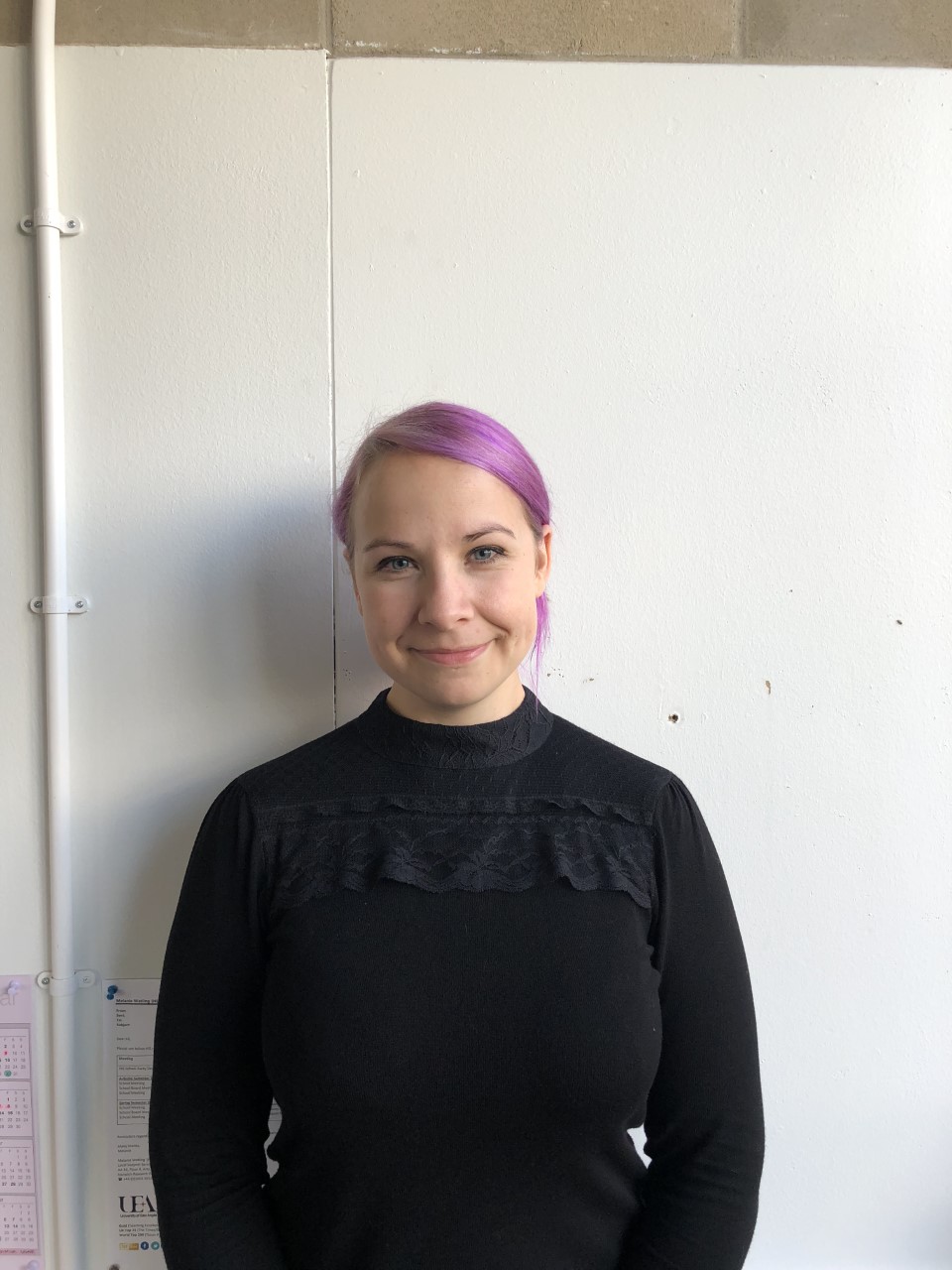LGBT+ History Month places a spotlight on a history that is commonly overlooked and cast aside. The LGBTQ+ community has faced an historic struggle to attain equal rights, and this remains an ongoing fight to this day. LGBT+ History Month challenges the way that history is traditionally taught; dominated as it is by the perspectives of white, cisgender, able-bodied individuals. Increased social awareness calls for greater diversity and inclusivity in historical teaching today.

And at UEA, that action is already being taken. In the School of History, Sam Knapton, Lecturer in Modern European History, is the School’s new Diverse Histories Lead, with the task of promoting histories across the School, including: Black; Asian; Indigenous and minority groups from and of the global North; LGBTQ+; non-ableist; and groups from and of the global South.
As such, Sam is working to embed diverse histories in everyday practice and delivery of content within the School of History’s academic modules, as well as promoting, curating, and organising resources and events. As Sam puts it: “As a historian your job is to represent people who can’t represent themselves.”
One of the ways she has done this so far is by creating LGBTQ+ History Month student and postgraduate internships in the last two years. For 2022, alongside Dr Amanda Dillon in History, Sam teamed up with Dr Claire Hines and Dr Sarah Godfrey, lecturers in the School of Art, Media and American Studies, with a focus LGBTQ+ History and Film.
The interns have helped organise and publicise three movie screenings across February, including Some Like It Hot (1959), The Birdcage (1996) and Portrait of a Lady on Fire (2019), accompanied by discussions and events. These screenings will provoke discussions around representation of queerness in film and contentious issues such as queer coding.
In September 2021, with the support of Professor Sarah Barrow, UEA Pro-Vice-Chancellor for Arts and Humanities, and funding through the Faculty of Humanities, Sam introduced an online training session for members of UEA staff across the humanities. ‘Trans-awareness: The Basics’, provided by charity Gendered Intelligence, was set up to enable staff to support UEA’s LGBTQ+ community, and in particular trans students.
Sam said: “The events had really good sign-up from office and support staff, to lecturers, and postgraduate researchers. The feedback we received was incredibly supportive, and we’re looking into more opportunities to provide further training.”
In terms of the future, Sam is looking to create more opportunities and is currently exploring the possibility of developing a Diverse Histories Internship alongside Dr Chris Jones, with funding from the School of History. The School of History has also about how to use the language encountered in primary and secondary sources in classroom discussions, as sometimes particular words or phrases need to be problematised.
As an example, some terminologies were deemed acceptable in the nineteenth century (and are sometimes repeated in secondary sources), but are generally unknown today in common speech. When students encounter them in texts, they often don't realise the meaning behind those words, and if it isn't problematised they can repeat the language without thinking twice. This is especially important when discussing Diverse Histories.
Sam explained: “I’m working closely with Dr Joel Halcomb, Lecturer in Early Modern History, at the moment to ensure some resources are created to address how language is used and embedded in the School’s ‘Key Skills’ forum – primarily targeted at first year students, but also for the benefit of all our undergraduate and postgraduate students in History.”
And this is only the beginning of Sam’s work, with the School of History looking to be more diverse and inclusive than ever. Sam hopes that students of all nationalities, gender and sexual identification will soon feel represented in their history seminars and lectures.
She said: “We’ve been making great strides in the School of History towards ensuring our curriculum reflects the diverse range of experiences throughout history, but we know that this will be an ongoing and continuous project which is why the role of diverse histories lead was created.
“I’m in post for two years, and I hope in that time students will be able to see the gradual and tangible differences reflected in the materials, periods of study, peoples, and histories they encounter within their degrees.”

:focus(1389x1274:1390x1275))